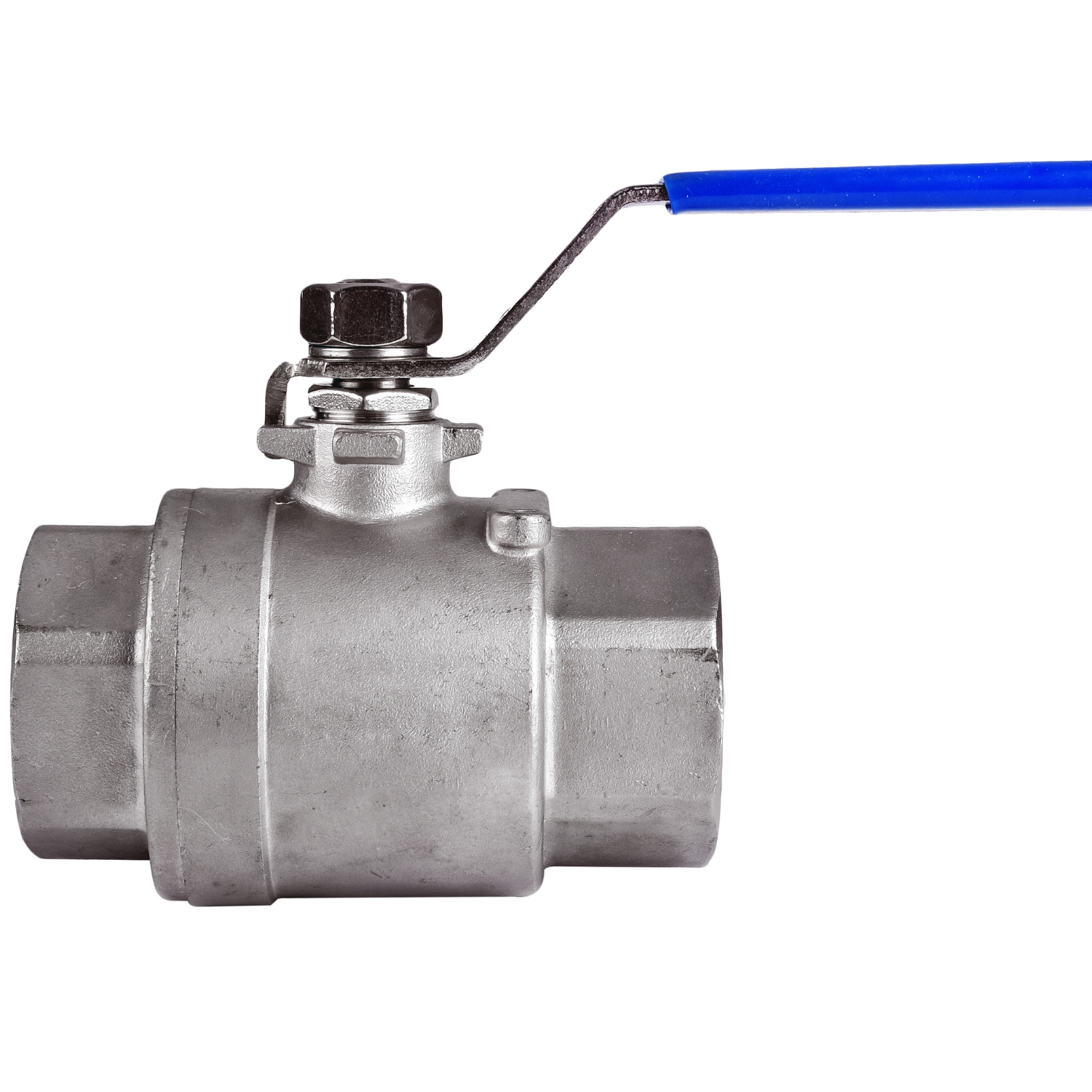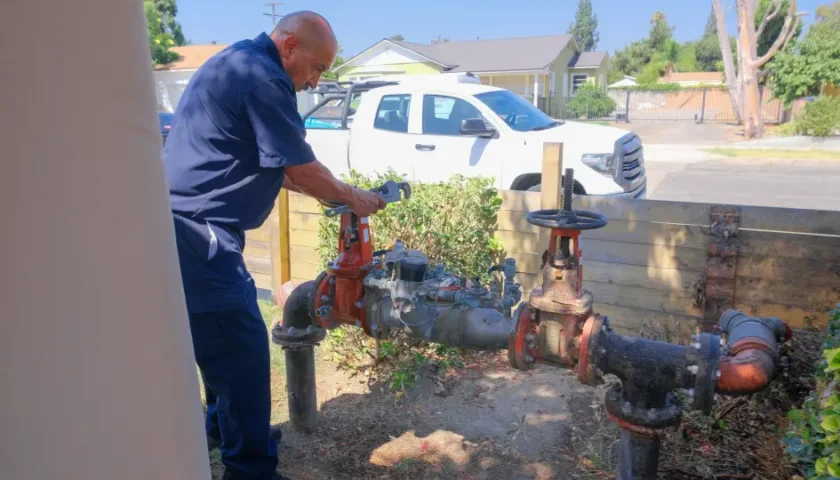The integration of advanced automation technology into the industrial valve sector is fundamentally transforming the way industries operate, manage, and optimize their processes. This synergy between traditional valve systems and cutting-edge automation technologies is delivering a multitude of benefits across a wide range of industries, from manufacturing to oil and gas, water treatment, and beyond. In this comprehensive exploration, we will delve into the remarkable changes brought about by automation valves and elucidate the manifold advantages they offer.
1. Enhanced Precision and Control:
One of the paramount advantages of automation valves is the level of precision and control they bring to industrial processes. Traditional manual valve operation is subject to human error and can be time-consuming. Automation valves, on the other hand, are capable of executing precise actions consistently, reducing variability and ensuring optimal process performance. This newfound accuracy has a cascading effect, resulting in increased product quality, reduced waste, and improved overall efficiency.
2. Increased Safety:
Safety is a paramount concern across industries, particularly in sectors such as oil and gas, where the consequences of valve failure can be catastrophic. Automation valves incorporate advanced safety features like fail-safe mechanisms and real-time monitoring, significantly reducing the risk of accidents and ensuring compliance with stringent safety regulations. In critical applications, these valves can respond to emergency shutdown commands swiftly and effectively, preventing potential disasters.
3. Remote Monitoring and Control:
Automation valves are designed to operate seamlessly in conjunction with digital control systems. This means that operators can monitor and control valve functions remotely, reducing the need for on-site personnel. This capability is especially valuable in hazardous environments or in situations where physical access to valves is challenging. Remote monitoring also allows for predictive maintenance, as the system can detect abnormalities and schedule maintenance before a valve failure occurs, minimizing downtime.
4. Energy Efficiency:
Industrial processes are typically energy-intensive, and any opportunity to reduce energy consumption is highly valuable. Automation valves can optimize energy usage by modulating flow rates and pressures in real time, responding to changing process conditions. By reducing energy wastage and ensuring that valves operate at their most efficient points, industries can achieve substantial energy cost savings while reducing their carbon footprint.
5. Data-Driven Insights:
Automation valves generate a wealth of data about process conditions, valve performance, and overall system health. This data can be harnessed through advanced analytics and machine learning algorithms to gain valuable insights into process optimization, maintenance planning, and quality control. It empowers industries to make informed decisions, identify patterns, and continuously improve their operations.
6. Scalability and Flexibility:
Modern automation valve systems are highly modular and scalable. This means that industries can adapt and expand their valve infrastructure as their operations grow or change. Whether it’s adding new valves, integrating them into existing systems, or reconfiguring valve functions, automation technology provides the flexibility to meet evolving industry needs.
7. Competitive Advantage:
In today’s highly competitive business landscape, any advantage that can set a company apart is invaluable. The adoption of automation valves not only improves efficiency and reduces costs but also enhances a company’s reputation for reliability and innovation. This can be a significant factor in securing new business opportunities and maintaining customer loyalty.
8. Reduced Labor Costs:
Automation valves can significantly reduce labor costs associated with manual valve operation and maintenance. Traditional valve operation often requires a dedicated team of operators to monitor and adjust valves as needed. With automation, many of these tasks can be performed remotely or even automated entirely, leading to substantial labor savings. This allows companies to reallocate personnel to more strategic roles within the organization.
9. Rapid Response to Changing Conditions:
In dynamic industrial environments, processes often encounter rapid changes in pressure, temperature, or flow rates. Automation valves equipped with advanced sensors and control systems can respond to these changes in real-time, ensuring that the process remains within the desired parameters. This capability is particularly valuable in industries like chemical manufacturing, where precise control is critical for product quality and safety.
10. Improved Product Consistency:
Consistency is vital in industries such as food and beverage, pharmaceuticals, and chemicals. Automation valves ensure that process parameters are maintained at consistent levels, resulting in products with uniform quality. This consistency not only enhances product quality but also reduces the need for costly rework and product recalls.
11. Minimized Environmental Impact:
Sustainability is a growing concern for industries worldwide. Automation valves play a pivotal role in minimizing the environmental impact of industrial processes. By optimizing resource usage, reducing waste, and ensuring efficient operation, automation contributes to more sustainable practices. Moreover, automation valves can be integrated into larger environmental management systems to monitor emissions and minimize pollution.
12. Integration with Industry 4.0:
The fourth industrial revolution, often referred to as Industry 4.0, is characterized by the integration of digital technologies into industrial processes. Automation valves are a crucial component of Industry 4.0 initiatives, as they enable seamless connectivity and data exchange between devices and systems. This integration paves the way for smart factories and predictive maintenance, where machines and processes can self-diagnose and optimize performance.
13. Enhanced Process Flexibility:
Automation valves provide industries with the ability to fine-tune processes quickly and easily. This flexibility is particularly valuable in industries where products and production requirements change frequently. With automation valves, companies can adapt to new demands without the need for extensive reconfiguration or equipment replacement.
14. Improved Reliability:
Reliability is paramount in industries where downtime can result in substantial financial losses. Automation valves are designed to be highly reliable, with built-in redundancy and fail-safe features. This reliability ensures continuous operation and minimizes disruptions to production.
15. Regulatory Compliance:
Industries are subject to various regulatory requirements, particularly in sectors such as pharmaceuticals, healthcare, and food production. Automation valves can help ensure compliance with these regulations by providing accurate data logging and reporting capabilities. This not only simplifies the auditing process but also reduces the risk of non-compliance penalties.
16. Human-Machine Collaboration:
Automation valves represent a harmonious blend of human expertise and machine precision. While they can operate autonomously, they also allow for human intervention when needed. This collaboration between human operators and automation technology leverages the strengths of both, enhancing overall process performance and safety.
17. Cost-Effective Retrofitting:
Many industries have existing infrastructure that can benefit from automation. Automation valves are often designed to be compatible with older systems, making retrofitting relatively cost-effective. This allows companies to modernize their operations without the need for a complete overhaul, extending the lifespan of existing equipment.
18. Predictive Maintenance:
Automation valves can be equipped with sensors that monitor their condition and performance. By analyzing this data, industries can implement predictive maintenance strategies, addressing issues before they lead to valve failure. This proactive approach not only extends the lifespan of valves but also reduces maintenance costs and unplanned downtime.
19. Integration with Artificial Intelligence (AI):
The integration of AI with automation valves opens up new possibilities for optimizing industrial processes. AI algorithms can analyze vast amounts of data generated by automation valves to identify patterns, make predictions, and suggest process improvements. This level of intelligence can lead to even greater efficiency gains and cost savings.
20. Global Connectivity:
Automation valves can be connected to centralized control systems, allowing for remote monitoring and control from virtually anywhere in the world. This global connectivity is especially valuable for multinational companies that need to oversee operations across multiple locations. It ensures that processes remain consistent and efficient regardless of geographical distances.
In conclusion, the integration of advanced automation technology into the industrial valve sector represents a monumental shift in how industries operate and manage their processes. The benefits are multifaceted, ranging from enhanced precision and safety to improved energy efficiency, data-driven insights, and scalability. Industries that embrace automation valve gain a competitive edge while contributing to a safer, more efficient, and sustainable future. As automation technology continues to evolve, we can expect even more transformative innovations in the field of industrial valves, further reshaping the industrial landscape.
For more information visit chinaoemvalve.




